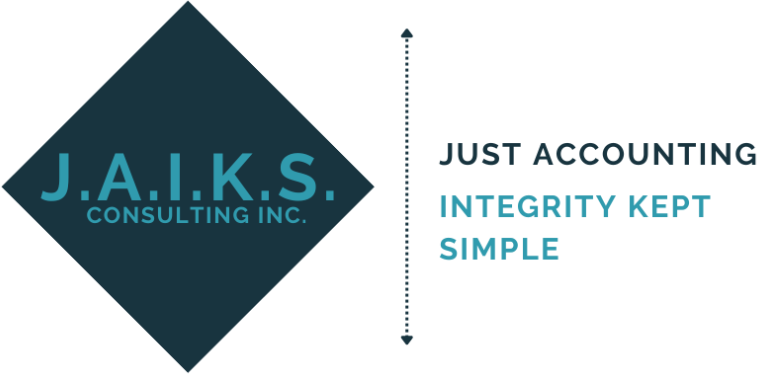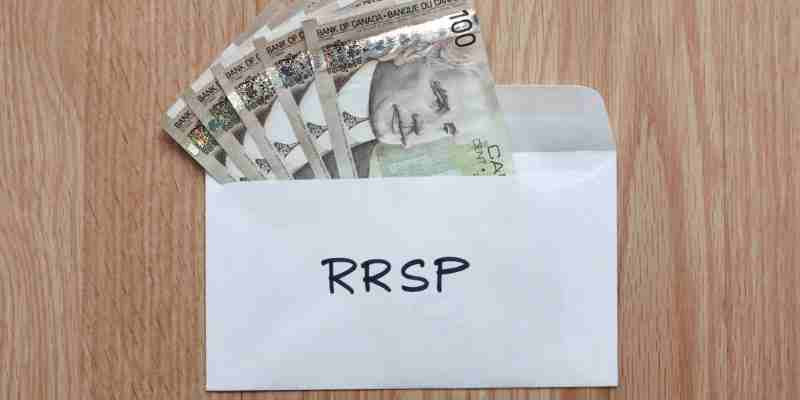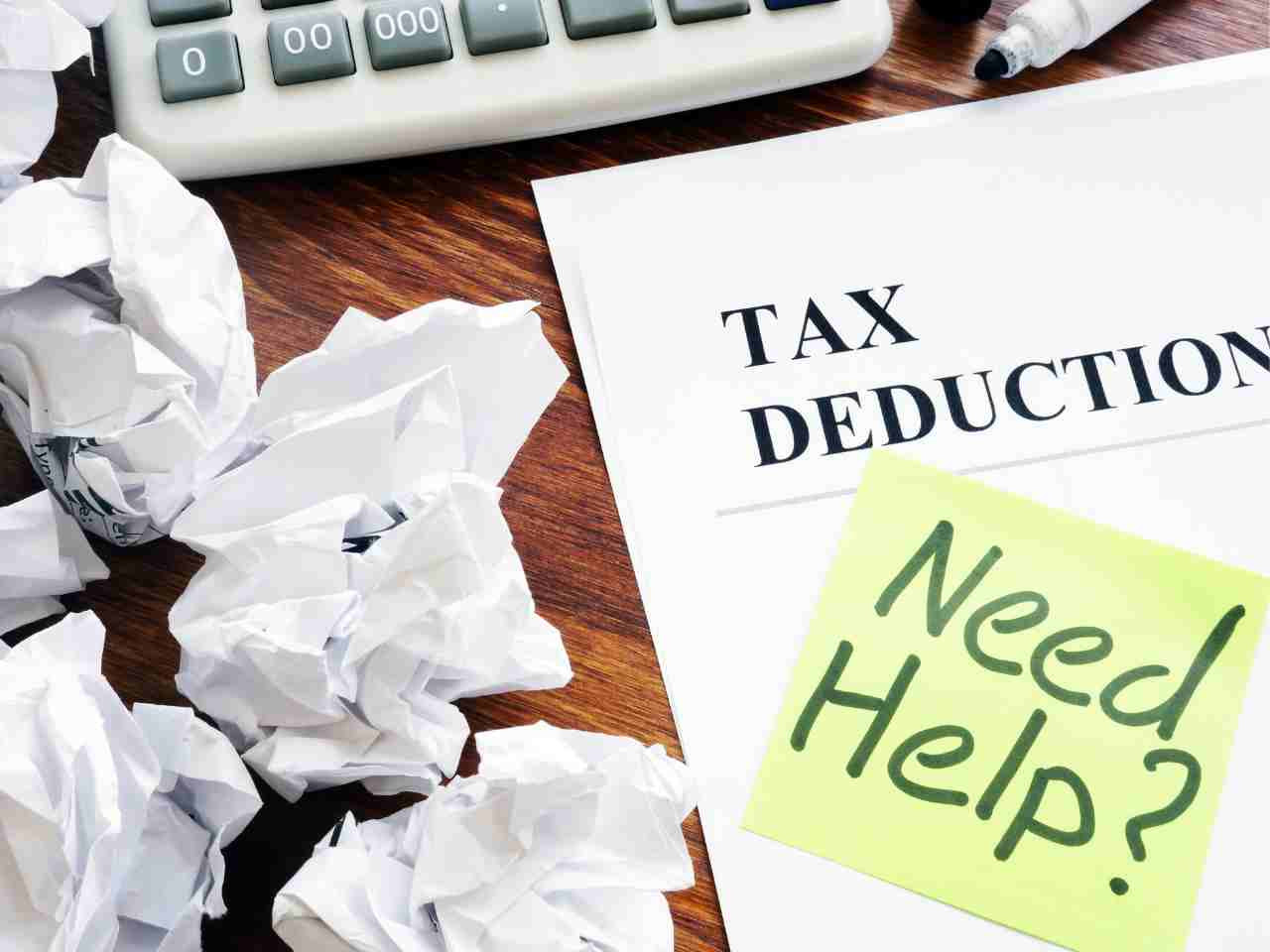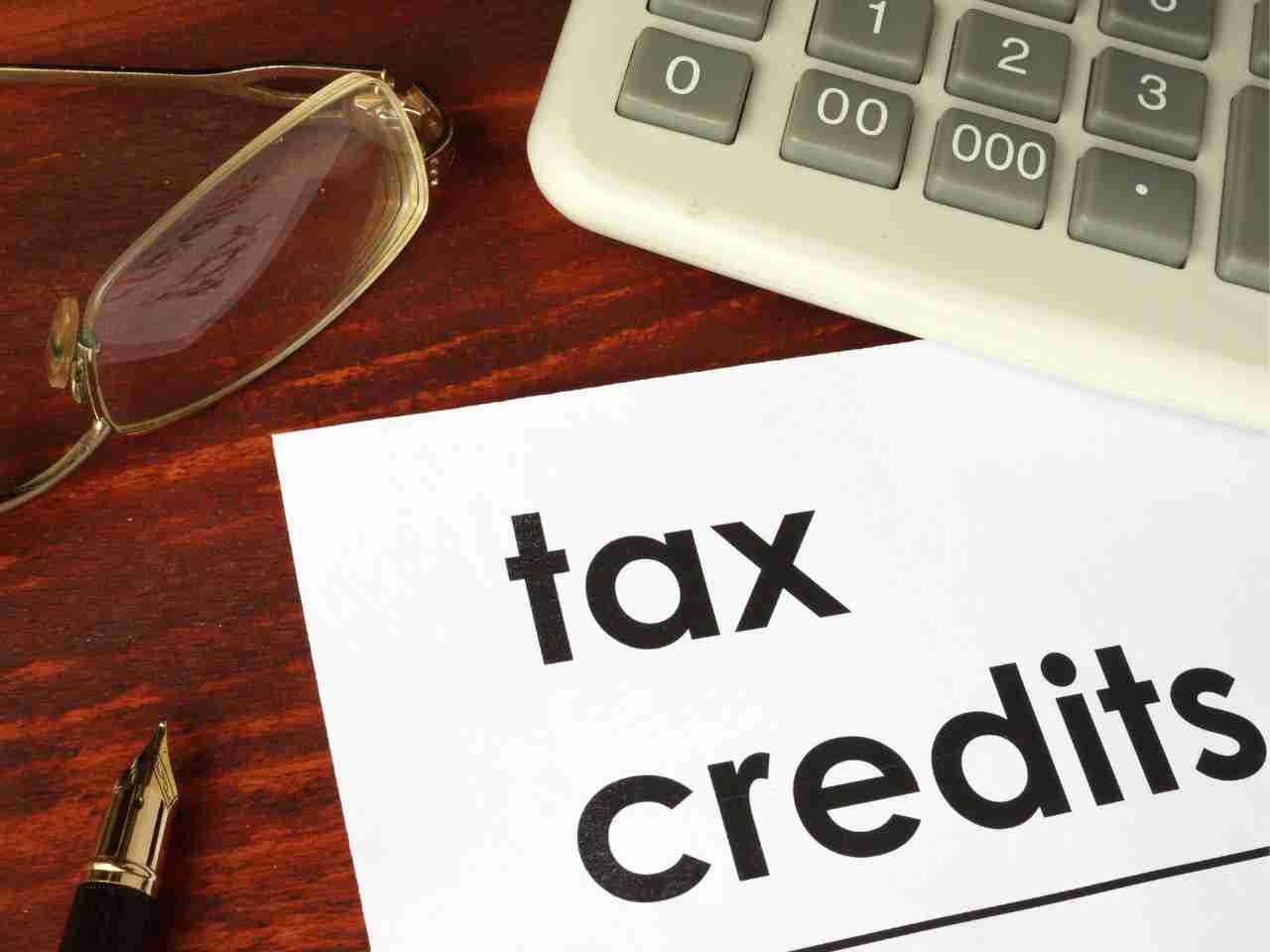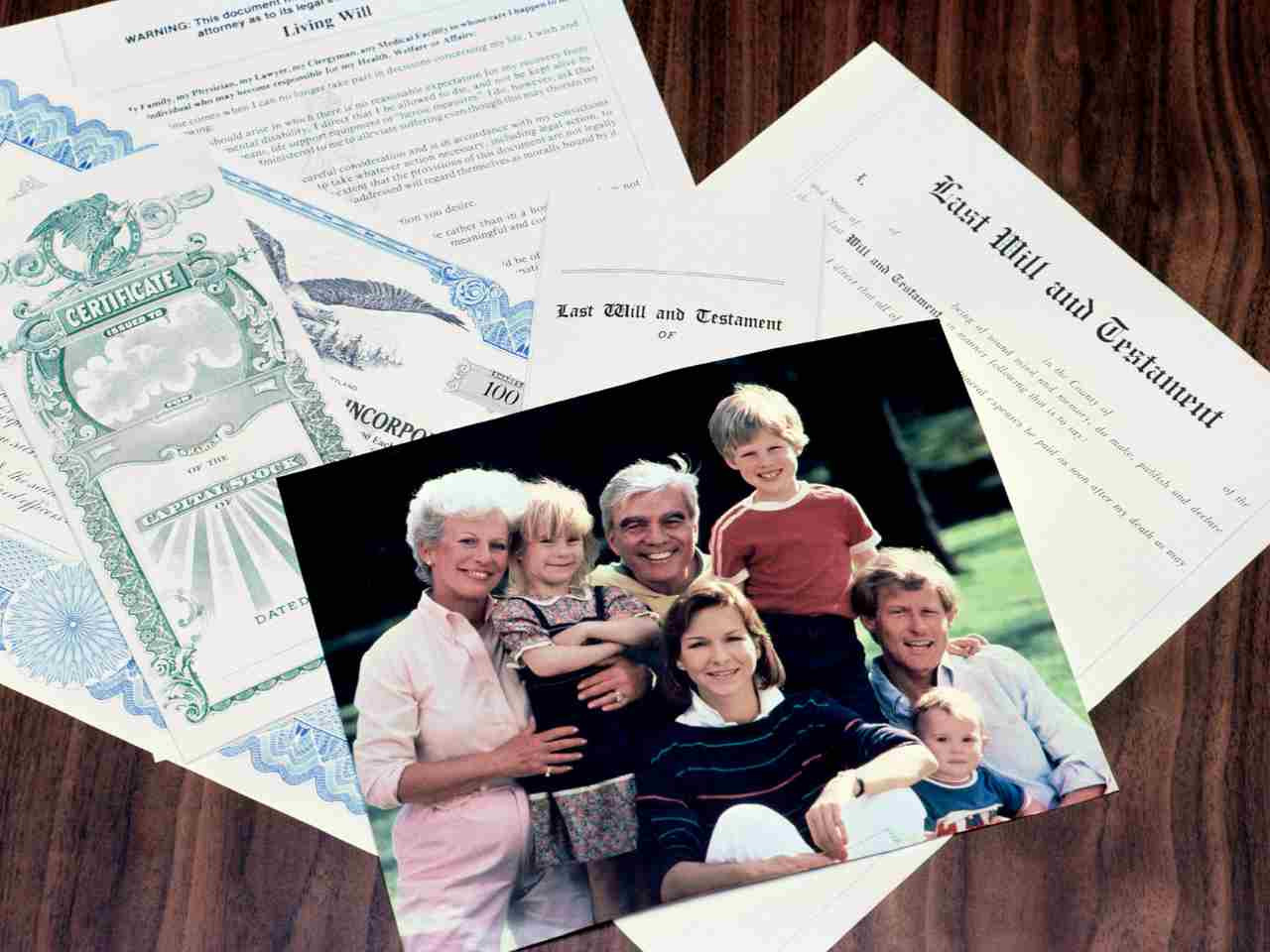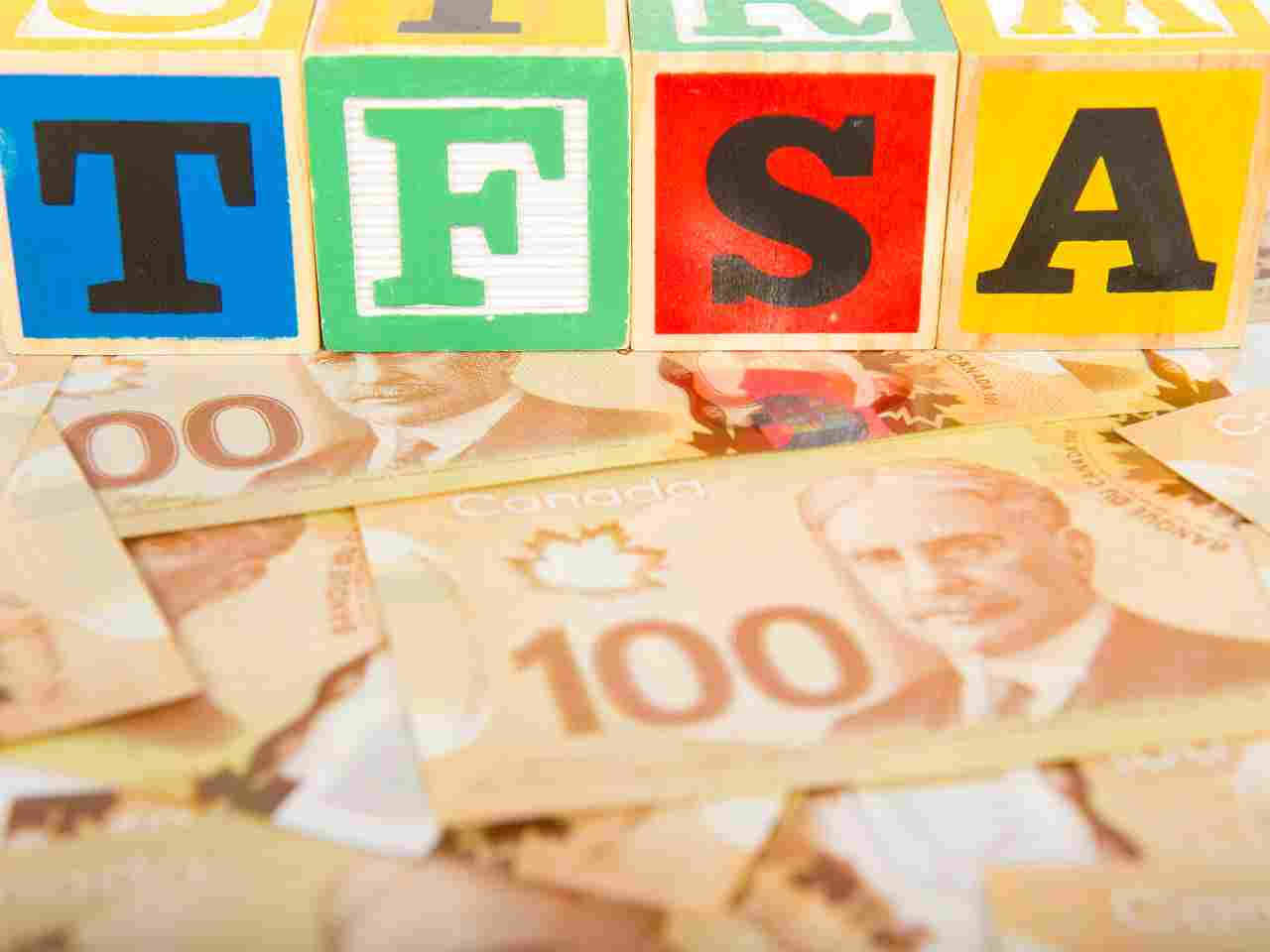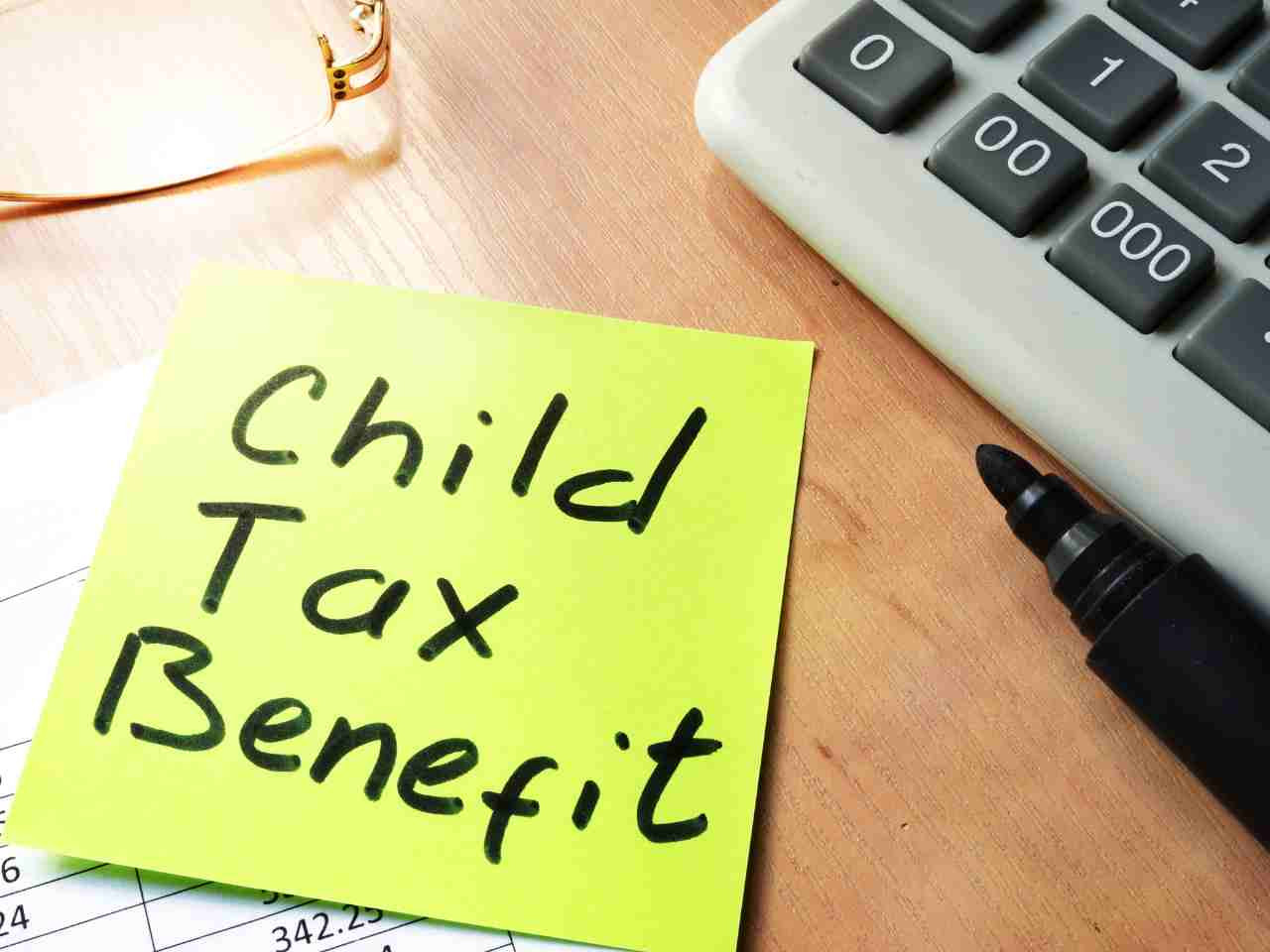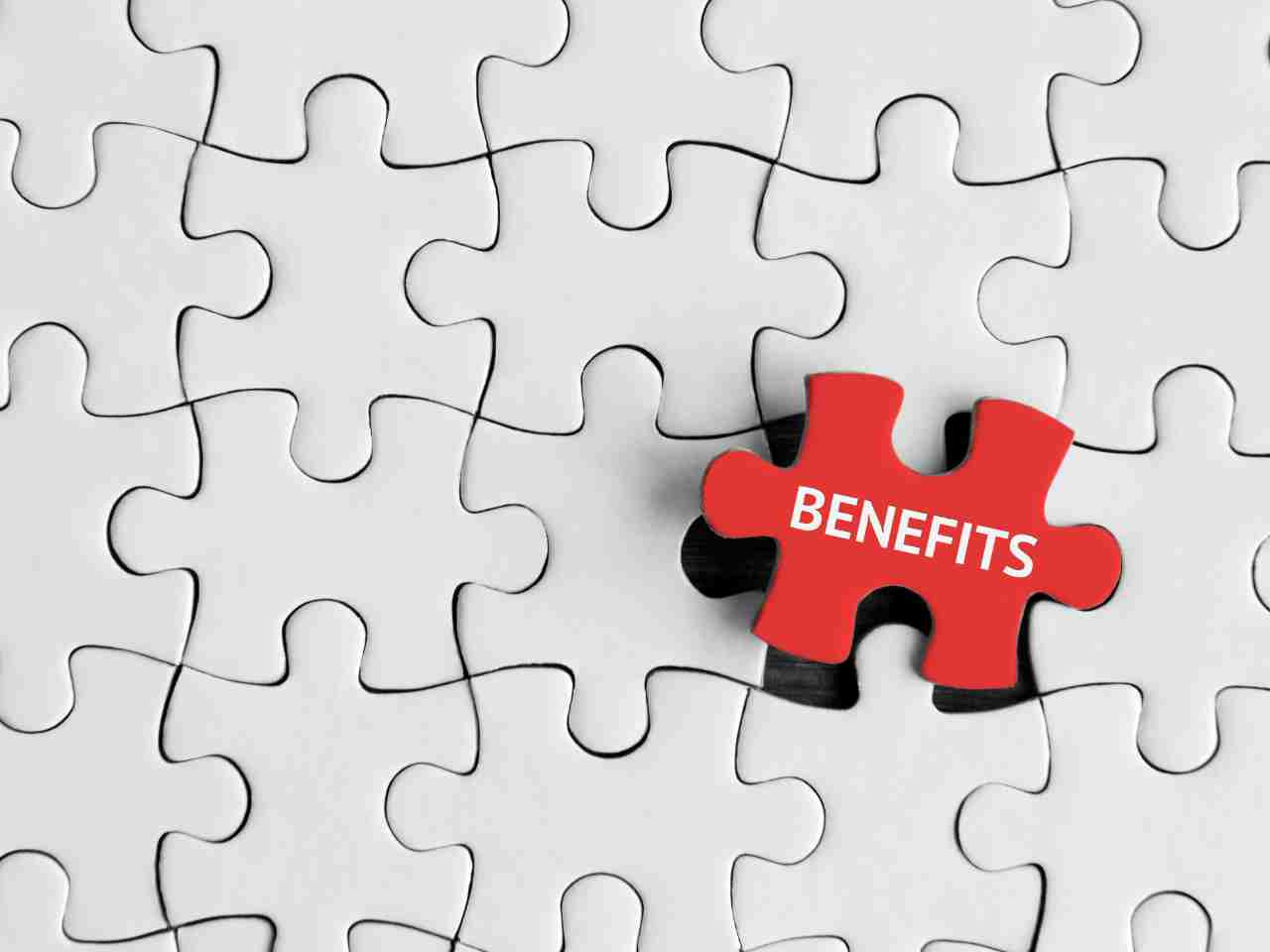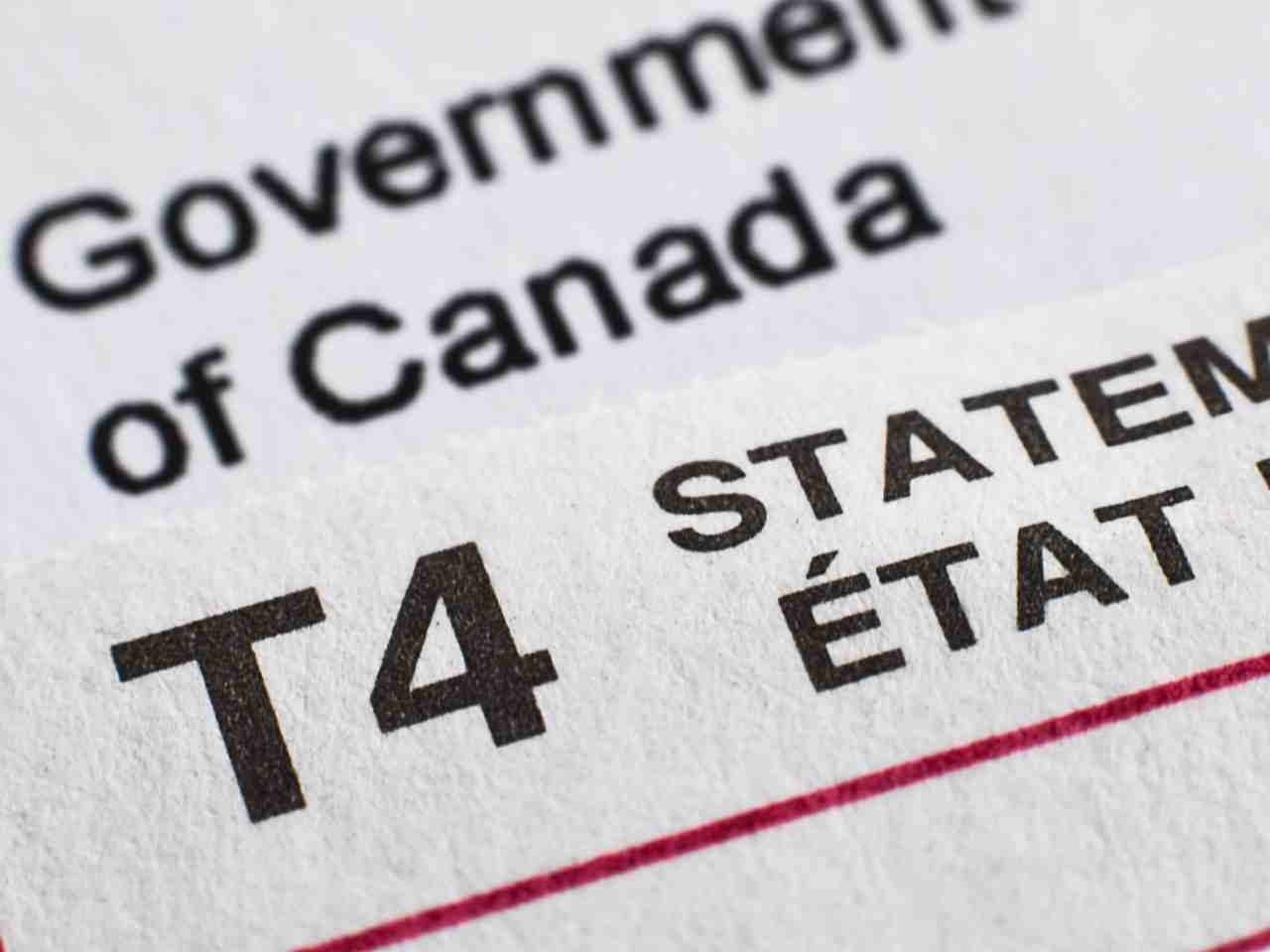J.A.I.K.S. BLOG
Welcome to J.A.I.K.S. Blog, a place where we will provide you with a variety of resources on accounting, taxation and other related subjects suited for both individuals and/or their businesses.
We hope you can find the answers to your questions and/or curiosities, and always know we are here to help if you need more.
Follow us on Facebook or find us on LinkedIn - we are always eager to give you more!
Disclaimer:
The content provided in this blog is for general informational purposes only and is not intended as professional accounting, tax, or financial advice. While efforts are made to ensure the accuracy and timeliness of the content, errors or omissions may occur. The content does not constitute a client-advisor relationship. Readers should consult with a Chartered Professional Accountants or other financial professional for advice tailored to their specific needs. We are not liable for any actions one might take based on the information provided in this blog.
We thought it would be a good time to discuss the medical expense deduction on your tax return, as the end of the year is fast approaching.
An RRSP is more than simply an account for retirement savings. Yes, it’s a must-have when saving for retirement, but the Registered Retirement Savings Plan (RRSP) is an effective tax-planning tool.
A cash flow projection can act like an early warning system for any period. A leading cause of business failure is a lack of cash flow management, but by taking some simple steps in managing it, you will find it can improve your business outcome.
When preparing your taxes, a deduction that is often overlooked is carrying charges and interest expenses. These charges are costs you incur to earn income from an investment, but only expenses for non-registered accounts will qualify.
As the 2022 tax year is behind us, it is a good idea to start early and plan for 2023. Here are some suggestions on how you can save money on your Canadian income tax for this year:
First Home Savings Accounts, or FHSAs combine the concept of Tax-Free Savings Accounts and Registered Retirement Savings Plans. For people aged 18 and older, like an RRSP, contributors receive a tax deduction on contributions and TFSA-like tax-free withdrawals when using the savings to buy a home. Further, any investment gains earned in the account are tax-sheltered. Unlike the Home Buyers’ Plan (HBP), the FHSA does not need to be repaid.
When considering a fuel-efficient vehicle such as a hybrid, or an alternative fuel model you should know that the Canadian Government, as well as some provinces, provide rebates.
As Canadians advance in age, we are pleased to offer a 3 part series on the Disability Tax Credit (DTC) in Canada.
To claim the Disability Tax Credit (DTC) in Canada, you must meet the eligibility criteria and complete the necessary steps. Here's a general overview of the process:
If you believe that you were eligible for the Disability Tax Credit (DTC) in previous years but did not claim it, you may be able to make a retroactive claim. Retroactive claims allow you to request adjustments to previous tax returns and potentially receive refunds for the missed credits.
For low-income individuals in Canada, claiming the Disability Tax Credit (DTC) can provide additional financial benefits through refundable tax credits and other programs. Here are some key points to consider:
Bookkeepers also play an important role in helping companies manage their financial records, ensuring accurate and up-to-date financial information, and providing valuable insights that can drive strategic decision-making when combined with your accountant. Some of the ways bookkeepers contribute are:
As we spoke about in our last post, as your bookkeeper, we handle the day-to-day financial transactions and record-keeping. Your accountant takes a more analytical and strategic role in interpreting the data, providing financial advice, and ensuring compliance with financial regulations.
Minimizing taxes for a deceased taxpayer's estate in Canada involves careful planning and following specific strategies. The goal is to reduce the tax liability of the estate and maximize the assets passed on to beneficiaries. Here are some steps to consider:
How to maximize tax refunds as a college student in Canada
Maximizing your tax refunds as a college student in Canada involves understanding the tax credits and deductions available to you and ensuring you claim them correctly on your tax return. Here are some tips to help you maximize your tax refunds:
The choice between a Tax-Free Savings Account (TFSA) and a Registered Retirement Savings Plan (RRSP) depends on various factors, including your financial goals, current income, and retirement plans. Here are some key considerations for both:
Filing your personal Canadian income tax return can also help you qualify for various government benefits. Here are some examples:
Opting for a Certified Professional Bookkeeper (CPB) instead of managing bookkeeping tasks independently offers several advantages:
In Canada, capital gains are taxed when you sell an investment or property for more than its purchase price. However, there are several strategies to reduce or avoid capital gains tax. Here’s how you can manage it:
This article is timely, with the end of the year in sight.
A Registered Retirement Income Fund (RRIF) is a retirement income vehicle in Canada, designed to provide a steady income stream to retirees by converting savings from a Registered Retirement Savings Plan (RRSP) into taxable income. Here's how it works:
Now that you understand how a RRIF works, you need to take the Tax Implications of RRIF Withdrawals into account to maximize your income. Not doing so could lead to lower returns in your pocket.
Federal Tax Credits Helps Business Save
Canadian federal tax credits are designed to encourage specific business activities, improve competitiveness, and reduce the overall tax burden for businesses. To help you find which credits you may be eligible for, we’ve put together this handy list of links to each one.
Personal taxes in Canada are based on a progressive tax system, meaning the more you earn, the higher percentage of tax you pay. Here’s a general breakdown of how the system works:
